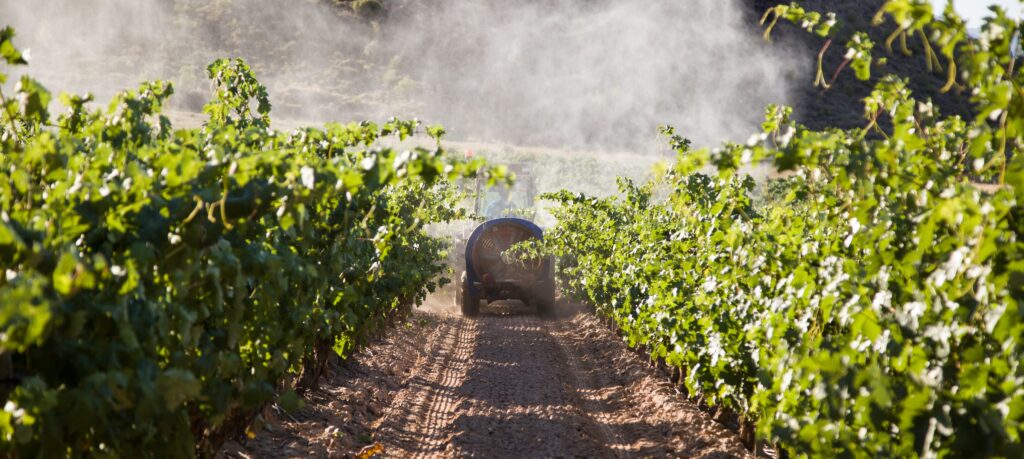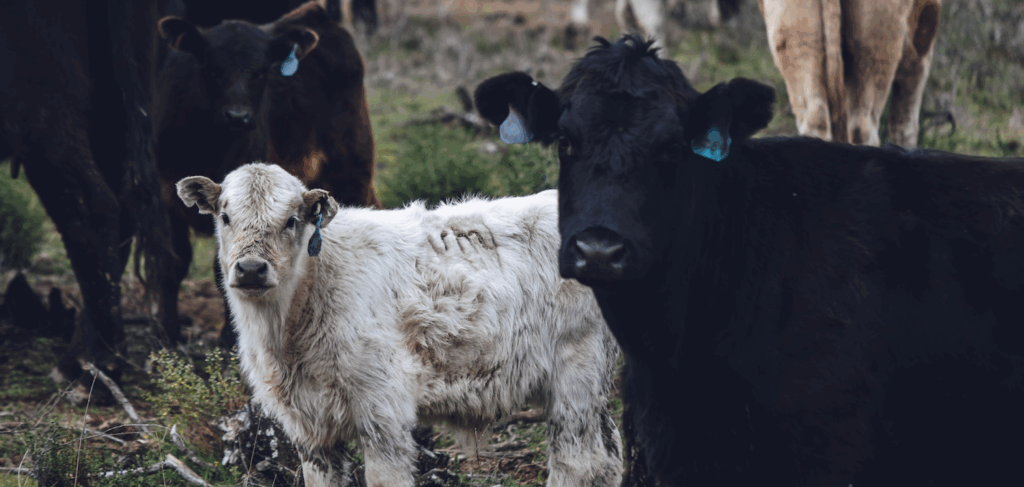
Where adequate funds will come from to reduce rampant biodiversity loss is crucial to ensuring the implementation of the Global Biodiversity Framework (GBF). African countries are demanding that developed countries pay for their ecological debt, and implementation of the GBF, in terms of Article 20 of the Convention for Biological Diversity (CBD). But how will these resources be mobilised? What are the implications and outcomes of development aid, international funds from multilateral banks and the private sector for the future development of developing countries? The geopolitical nature of the negotiations is not only limiting the ability of the GBF to be ambitious, but also its potential to be transformative to tackle systemic global inequalities. While countries in the global south want to ensure that their development is not hindered, the current trajectory of the negotiations are moving toward adopting an array of false solutions to reducing biodiversity loss.
In this regard, development is synonymous with industrialisation, which has caused and continues to cause serious biodiversity loss including anthropogenic climate change and social harms.
Despite the need for reorienting development pathways, there is a frightening lack of imagination as to how this can be achieved, beyond the reliance on extraction, exploitation (of nature and people), oppression, patriarchy, and systemic racism.
Parties are reminded of the recommendation adopted by the Subsidiary Body on Implementation (SBI), 40(f) calling for the relationship between public debt, austerity measures and implementation of the convention to be investigated. It acknowledges their deleterious role in the implementation of convention and ravaging domestic resources, and should be included in the final decision of the Conference of the Parties (COP).
What safeguards will be put in place to ensure that resources are not captured but promote ecologically sustainable development, and protects the rights of people and nature?
During the Working Group on the Post 2020 Global Biodiversity Framework (GBF), held in Nairobi, Kenya, 21 – 26 July 2022, ACB’s research and advocacy officer, Linzi Lewis, raised critical concerns regarding the negotiations.
The three-part submission, published by the ECO 2022 CBD Alliance, point to the failure of the negotiations to date highlighting global inequalities, and touches on some of the key issues under discussion, and the implications especially for Africa and its food and agriculture systems.
Lewis further highlights that even though the GBF attempts to deal with the indirect and direct drivers of biodiversity decline, it remains glaringly weak, with serious and severe gap that fails to address the rights and roles of smallholder farmers and their on-farm work in relation to the conservation and sustainable use of agricultural biodiversity. And, urges that specific reference should be made to agriculture biodiversity and its contribution to the conservation and development of plant genetic resources, which constitute the basis of food and agriculture security throughout the world as contemplated by the International Treaty on Plant Genetic Resources for Food and Agriculture (ITPGRFA).
For further reading:
Where is agricultural biodiversity in the Post-2020 GBF
The failure of multilateralism – and rise of corporate capture of the CBD



